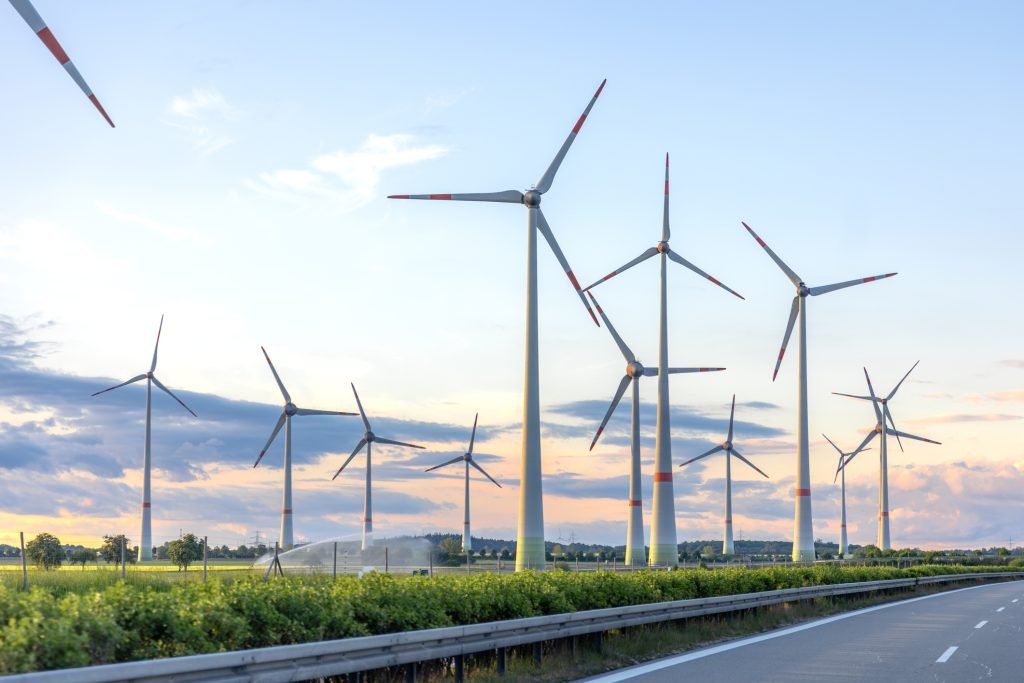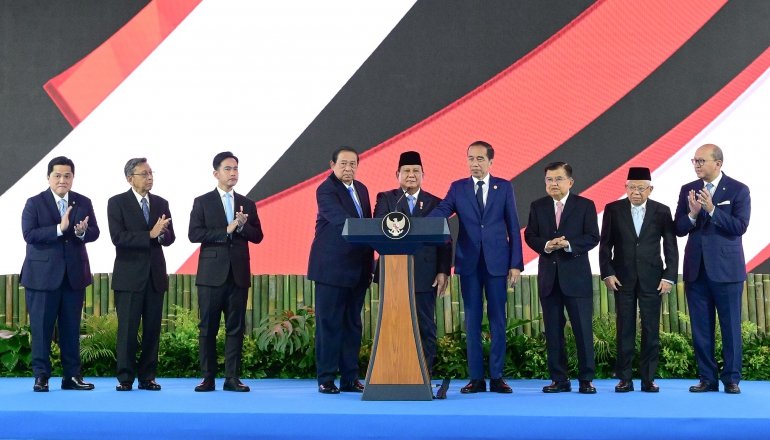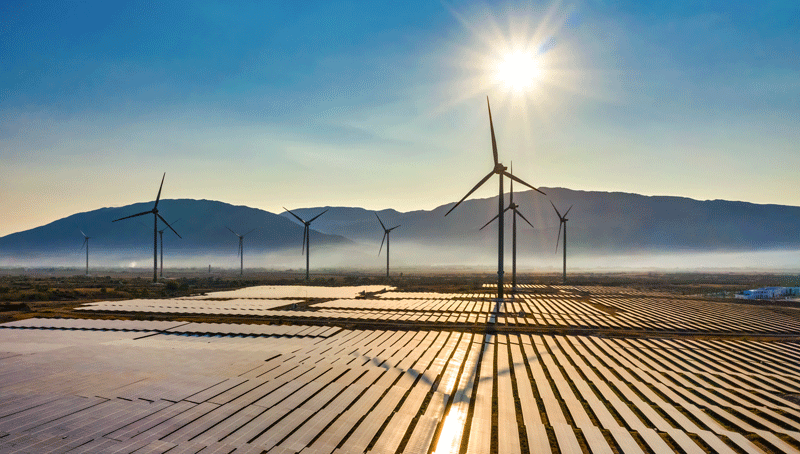In 2024, the Republic of Moldova saw its renewable energy production double compared to the previous year, marking substantial advancement in its energy transition. In line with this growth, Moldova launched its first major green energy initiative through a tender aimed at awarding the status of “large eligible producer” in March 2025. This inaugural tender concluded with impressive outcomes, revealing robust investor interest in the country’s energy sector.
The Ministry of Energy initiated the tender, focusing on onshore wind power plants with a capacity of 105 MW and photovoltaic plants totaling 60 MW. The tender attracted 42 bids, offering a combined capacity of over 444 MW—nearly triple the available quota. Dorin Junghietu, Moldova’s Minister of Energy, remarked, “The participation of over 40 projects in our first public tender indicates that Moldova is becoming an appealing market for renewable energy. This high level of engagement reflects the business community’s confidence in our direction and the government’s commitment to transparency and fair competition.”
The tender is expected to generate investments exceeding 190 million euros, with the winning projects guaranteed a fixed electricity price for 15 years, based on the lowest bid. The winning bids aligned with the National Energy Regulatory Agency’s (ANRE) price limits of 1.5 MDL/kWh for wind energy and 1.67 MDL/kWh for solar energy, fostering a competitive investment environment.
The results highlight strong engagement from local investors, with all six winning solar projects proposed by two Moldovan-owned companies. Three of these solar projects are currently operational, while three are slated for development. In the wind energy sector, five new projects were awarded to three companies, two of which involve foreign capital, thereby introducing international expertise to the initiative. Natalia Bejan, Director of the Invest Moldova Agency, noted, “This tender creates a competitive market in the green energy sector, where local and foreign companies competed openly, signaling that Moldova’s investment climate is evolving and becoming more attractive for strategic projects.”
The impact of these projects will soon be evident in Moldova’s energy mix. By April 2025, renewable sources accounted for 36 percent of the nation’s electricity consumption, approaching the national goal of 30 percent by 2030, as outlined in the Integrated National Energy and Climate Plan.
Looking ahead, the Ministry of Energy is preparing for a second round of tenders set for autumn 2025. Carolina Novac, State Secretary at the Ministry of Energy, stated, “With this first tender, we’ve strengthened Moldova’s renewable energy generation capacity—a crucial step toward energy security. In the next round, we aim to expand not only generation capacity but also storage systems to create a balanced and flexible energy system.”
The upcoming tender is expected to include a proposed 173 MW of wind capacity and approximately 22 MW of battery energy storage systems (BESS), focusing on maintaining grid stability. This continued investment in renewable energy infrastructure is key to Moldova’s energy independence and sustainability.




